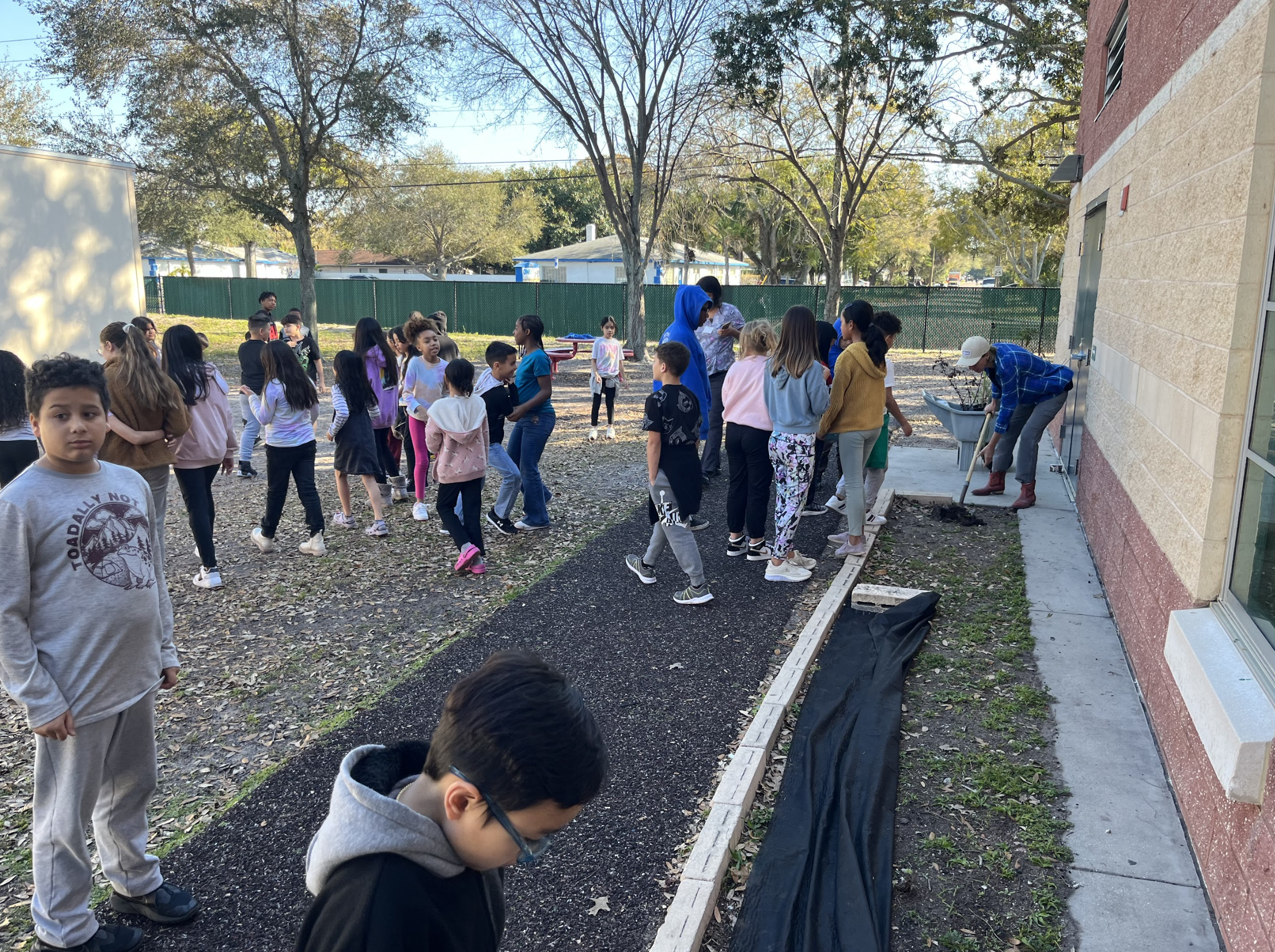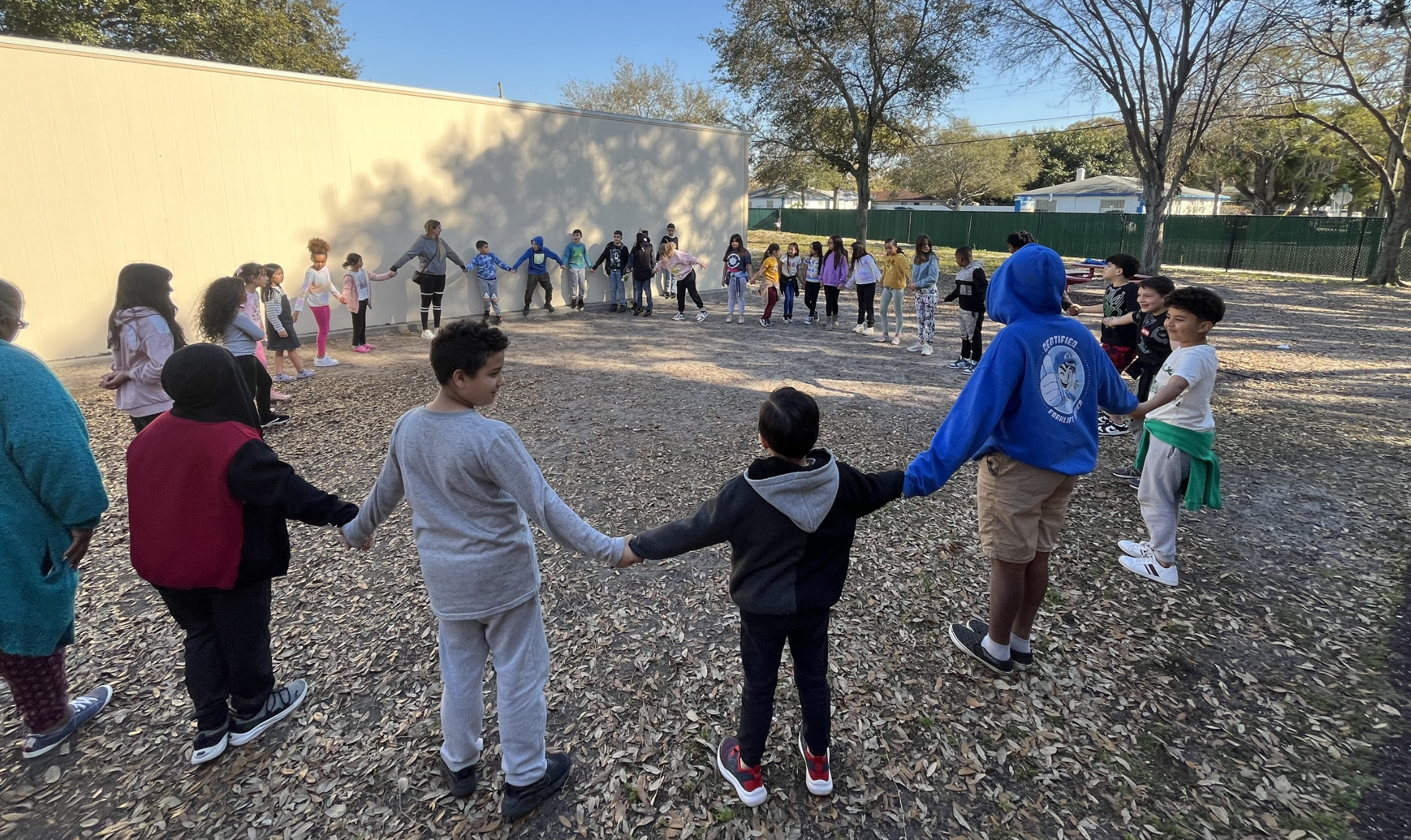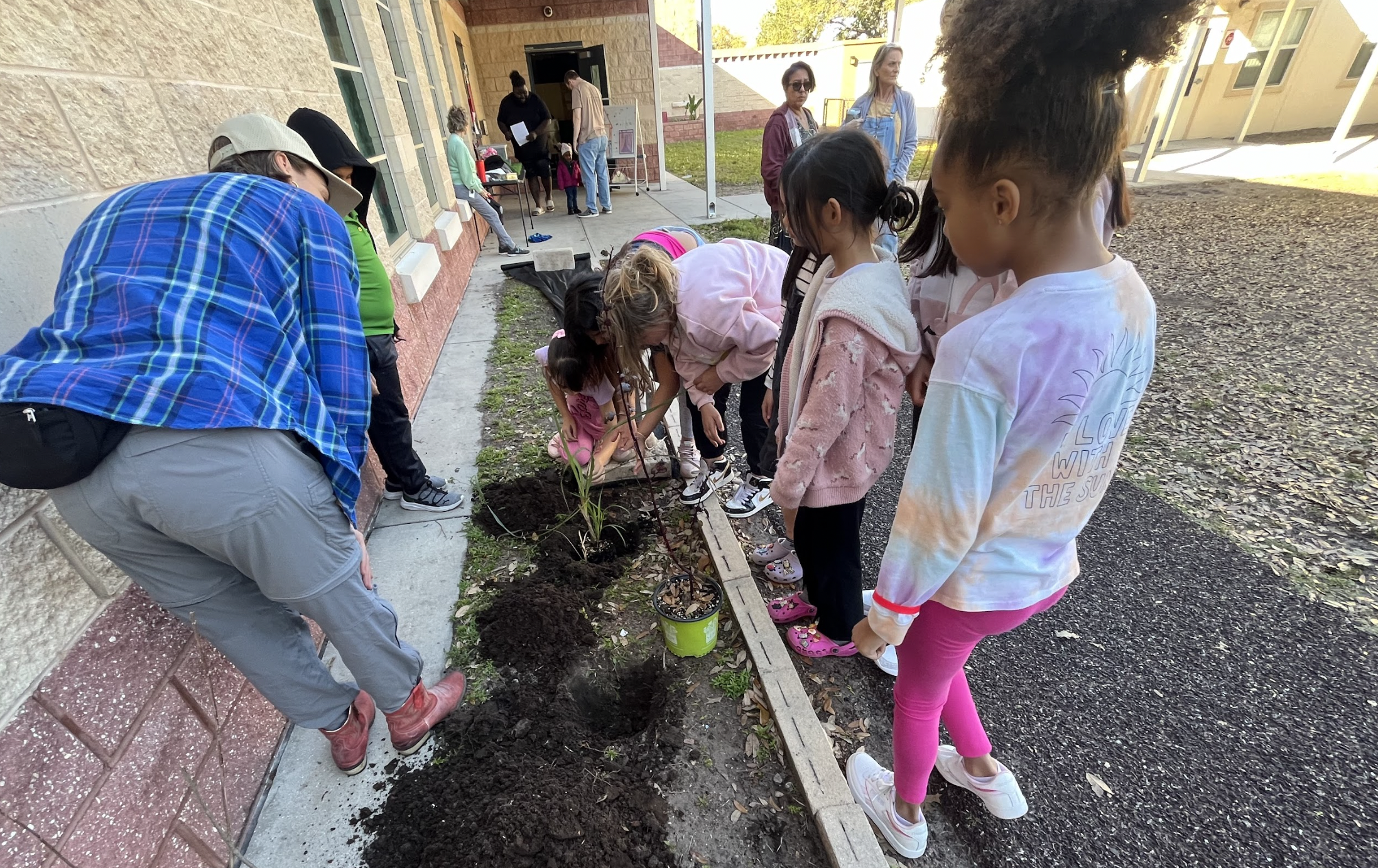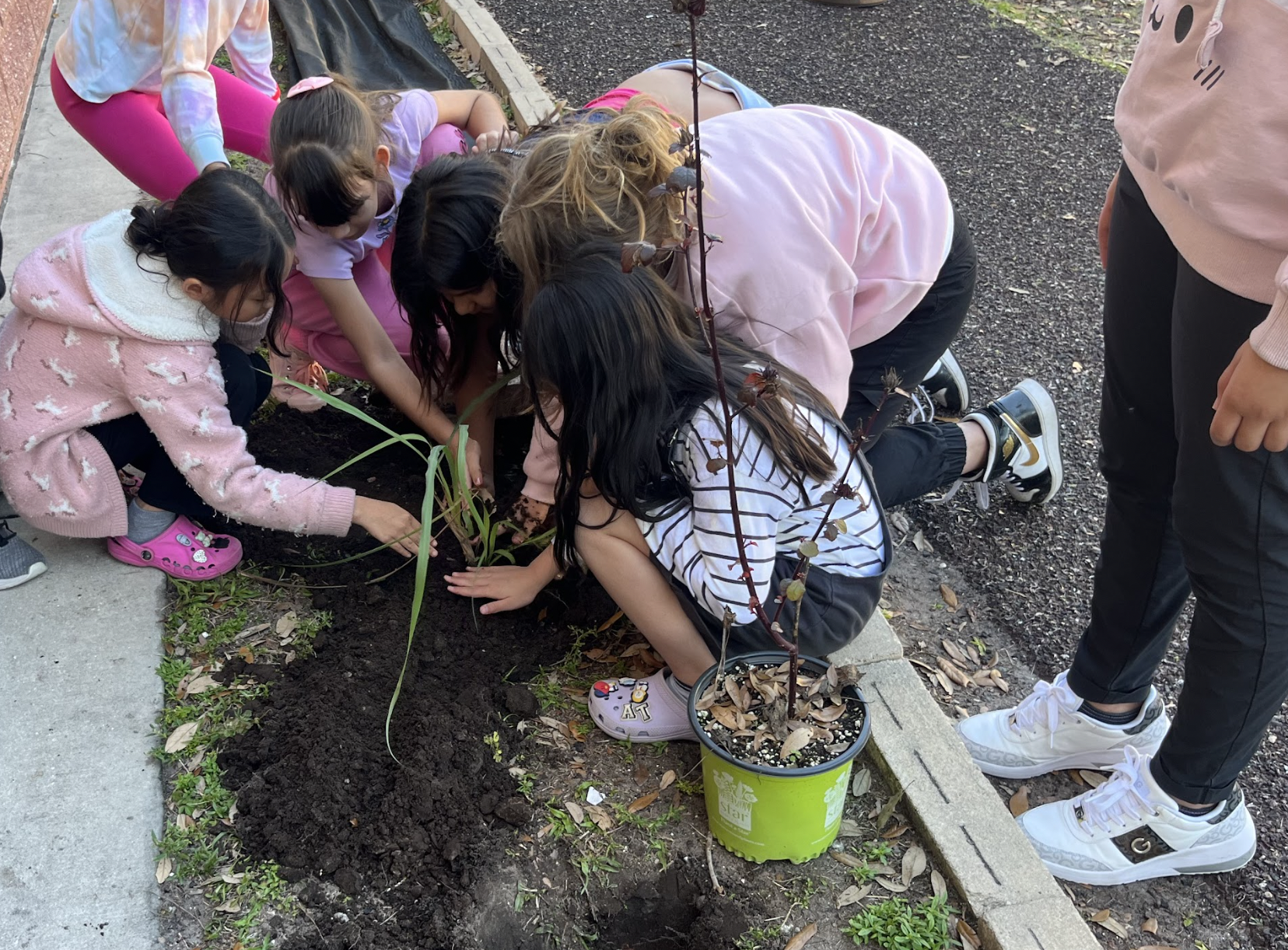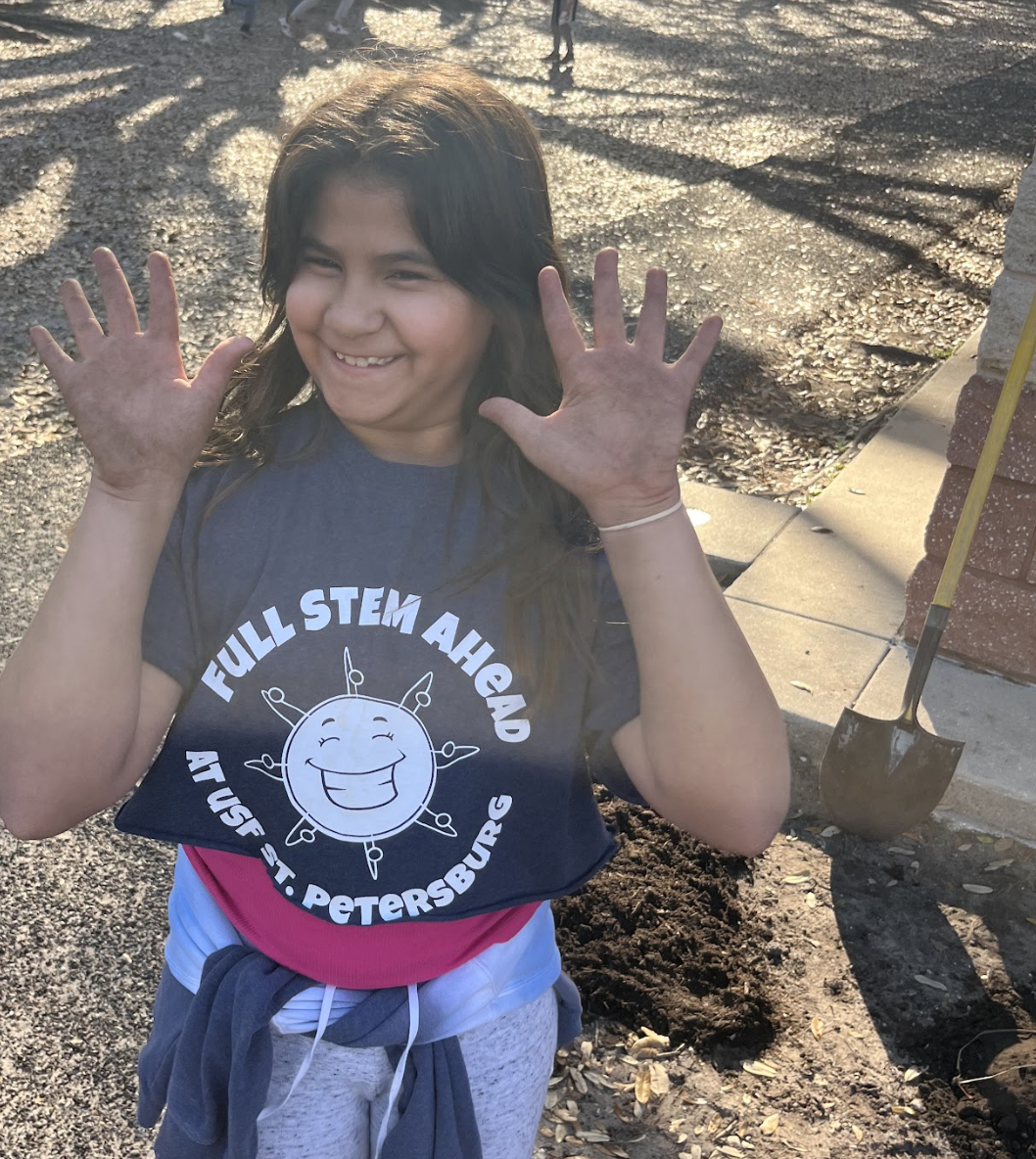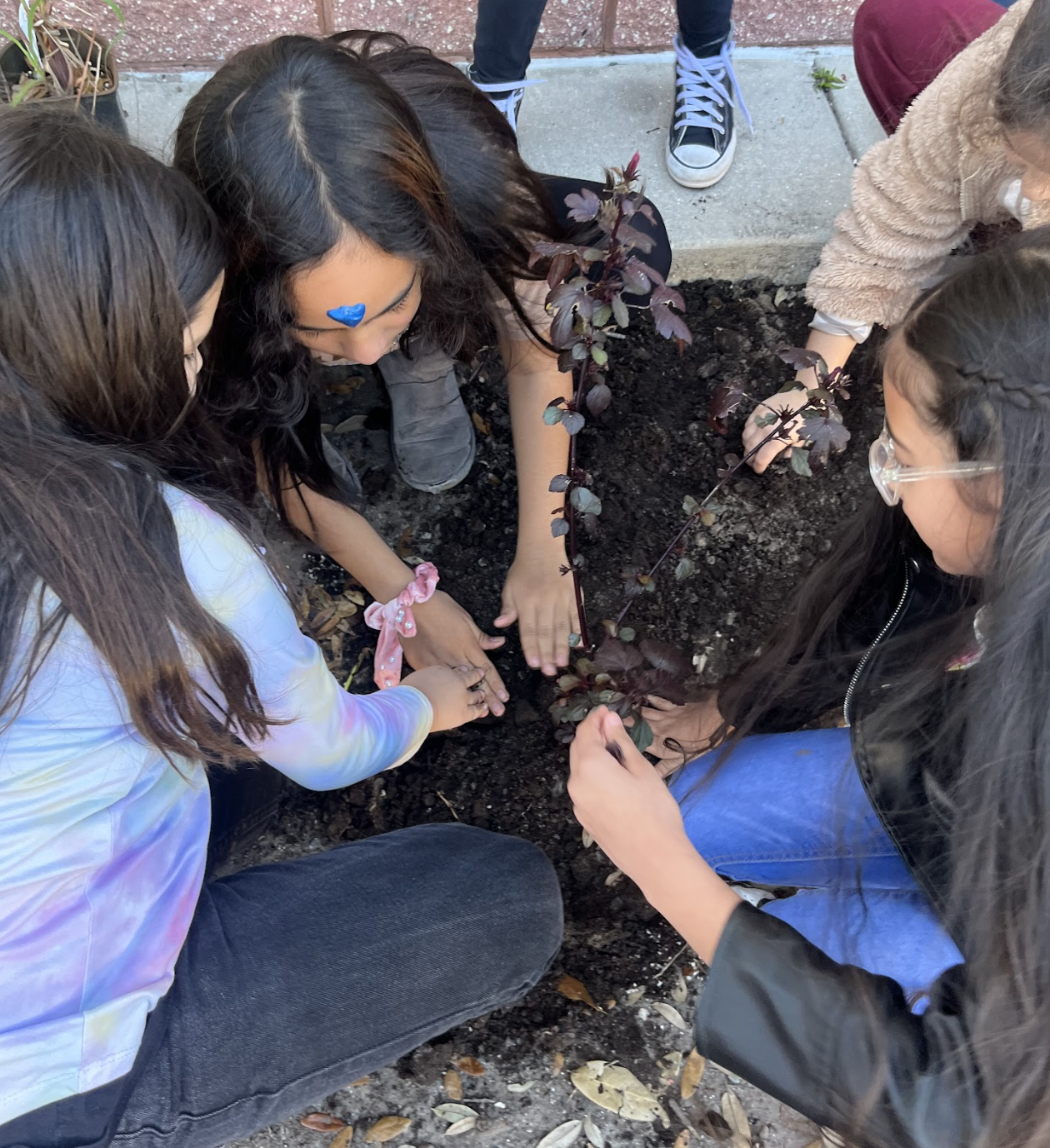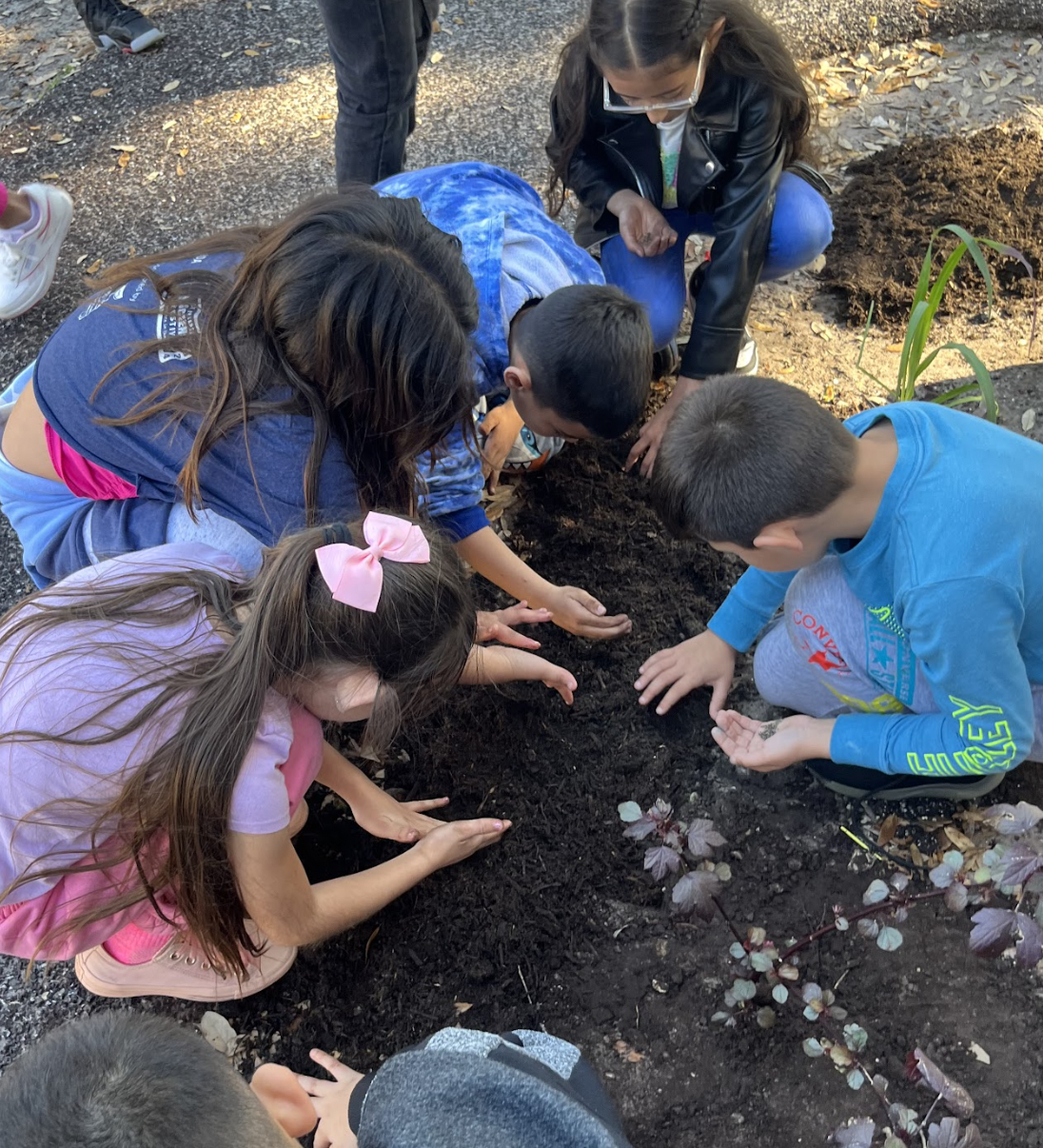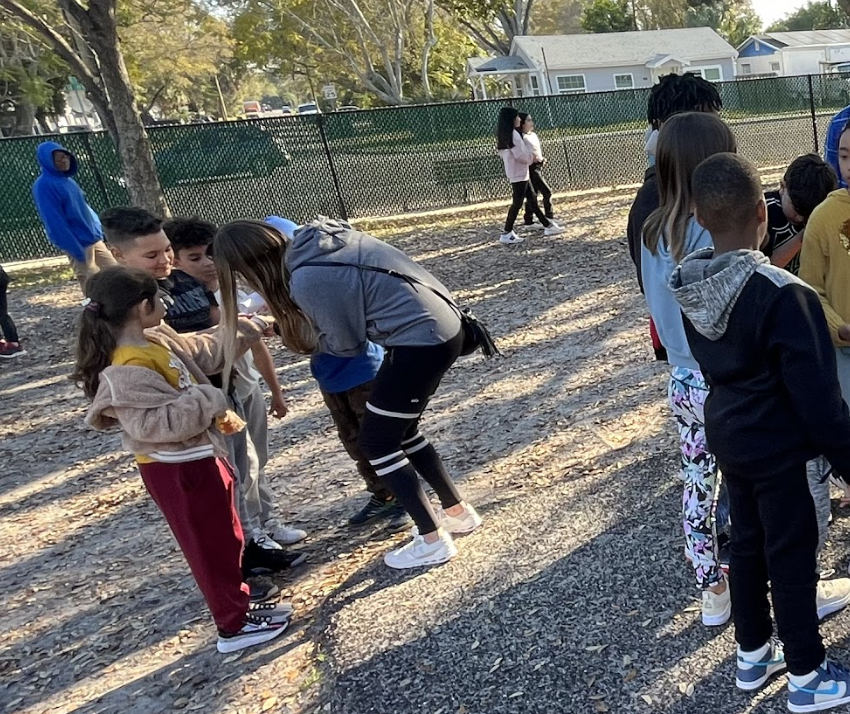Cultivating Young Minds: The Vital Role of Ecosystem Education and Tree Planting in Elementary Schools
In today's rapidly changing world, where environmental concerns are at the forefront of global discussions, the role of education in fostering a deeper understanding of ecosystems and sustainable practices has never been more critical. Among the most impressionable age groups are elementary school students, whose minds are ripe for absorbing knowledge and forming lifelong habits.
Building a Foundation of Understanding
Take MAR recently had the pleasure of meeting some of the wonderful students and staff members at New Heights Elementary School. About 40 young students came readily engaged to learn about how ecosystems work and their importance to understanding plant systems. The students were curious about different types of ecosystems, and made the connection on how our Earth is an ecosystem within itself and made up of many other smaller ecosystems.
Elementary school years are foundational in shaping children's perceptions and behaviors towards the environment. By introducing concepts related to ecosystems early on, the Take MAR team was able to lay the groundwork for a generation that values and respects the delicate balance of nature.
Understanding ecosystems not only involves grasping the interdependence of living organisms and their environment but also recognizing the profound impact human actions have on these systems.
Empowering Students as Environmental Stewards
Armed with knowledge about ecosystems, the students then learned about the importance of plants, shrubs, pollinators, and vegetable/fruit gardens. By instilling a sense of responsibility and stewardship, students develop a heightened awareness of their role in preserving the planet for future generations.
All 40 students then stepped outside and actively participated in tree planting activities, gaining firsthand experience in the importance of reforestation efforts and the role trees play in mitigating climate change, improving air quality, providing food, and providing habitat for wildlife.
Together, we planted lemongrass (2), cranberry hibiscus (2) firebush (1) everglades tomato plants (5) and gay flower, dune sunflower, and Elliott's love grass seed packs (3).
By integrating ecosystem education and tree planting initiatives into the elementary school curriculum, educators contribute to fostering a culture of sustainability within their school communities. These initiatives not only align with academic objectives but also instill values of environmental consciousness and social responsibility in students.
Moreover, involving students in hands-on projects like maintaining tree nurseries, monitoring tree growth, and organizing community tree planting events cultivates a sense of ownership and pride in their contributions to environmental conservation. These experiences serve as catalysts for developing lifelong habits of sustainable living and inspire students to take an active role in shaping a more eco-conscious future.
We hope to continue these educational workshops with young generations that are shaping the future of our planet Earth.

